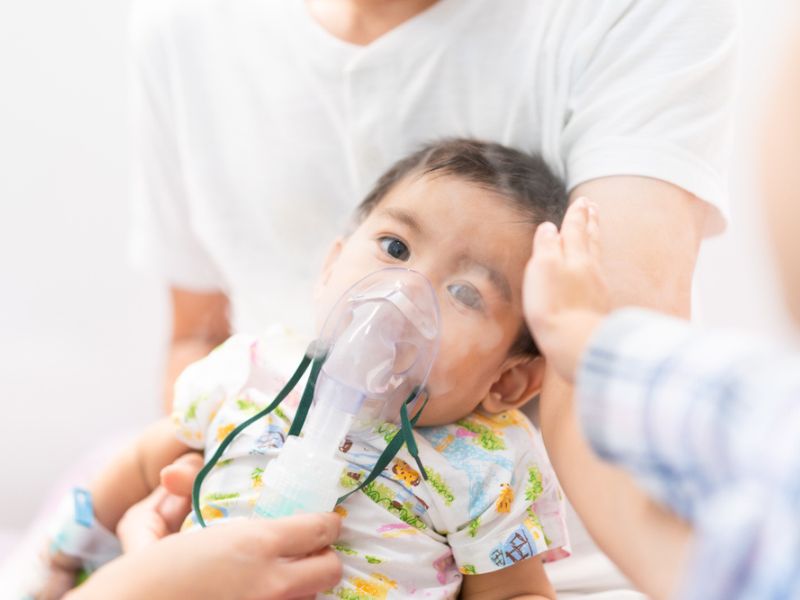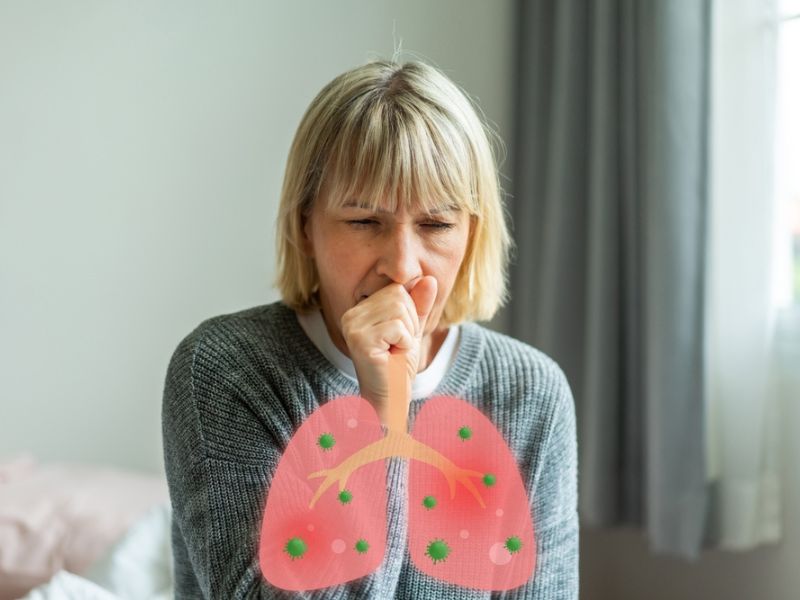Flu is spreading at an alarming rate, COVID-19 continues to kill hundreds of people daily, and the respiratory syncytial virus is rising. Protecting yourself and your loved ones will be easier if you get tested for this virus.
RSV Is Most Common In Children
The virus can affect their respiratory system and breathing abilities. There has never been an outbreak of RSV in children between ages 8 and 10, which is unique to this year.

Image Credit: Shutterstock/SUKJAI PHOTO
Red Flags For Kids
Watch out for irritability, loss of appetite, sinus issues, and coughing. A child with RSV will almost certainly have had an infection by the time they turn two. Children who are wheezing or gasping for air become particularly concerning when they are having trouble breathing.
Signs In Adults
Adults with immunocompromised immune systems are particularly susceptible to RSV because it can mimic the symptoms of the flu and become pneumoniaous. Those who notice these dangerous symptoms and are at high risk for developing severe illnesses tend to seek treatment in hospitals.
You can be pushed over the edge by a mild infection. In addition to respiratory infections putting stress on your body, RSV may cause heart attacks or other health problems.

Image Credit: Shutterstock/Art_Photo
Runny nose and congestion are common symptoms of RSV, an upper respiratory infection. RSV symptoms include shortness of breath, chest pain, and difficulty breathing deeply. RSV symptoms often mimic sinus infections and colds in adults.
Healthy Adults Can Fight This Virus, But It
Still Spreads
If you’re sick, stay home, practice good hand hygiene, and make sure you have your COVID-19 vaccination up to date to protect yourself and others. RSV vaccines are under development, but none are available.